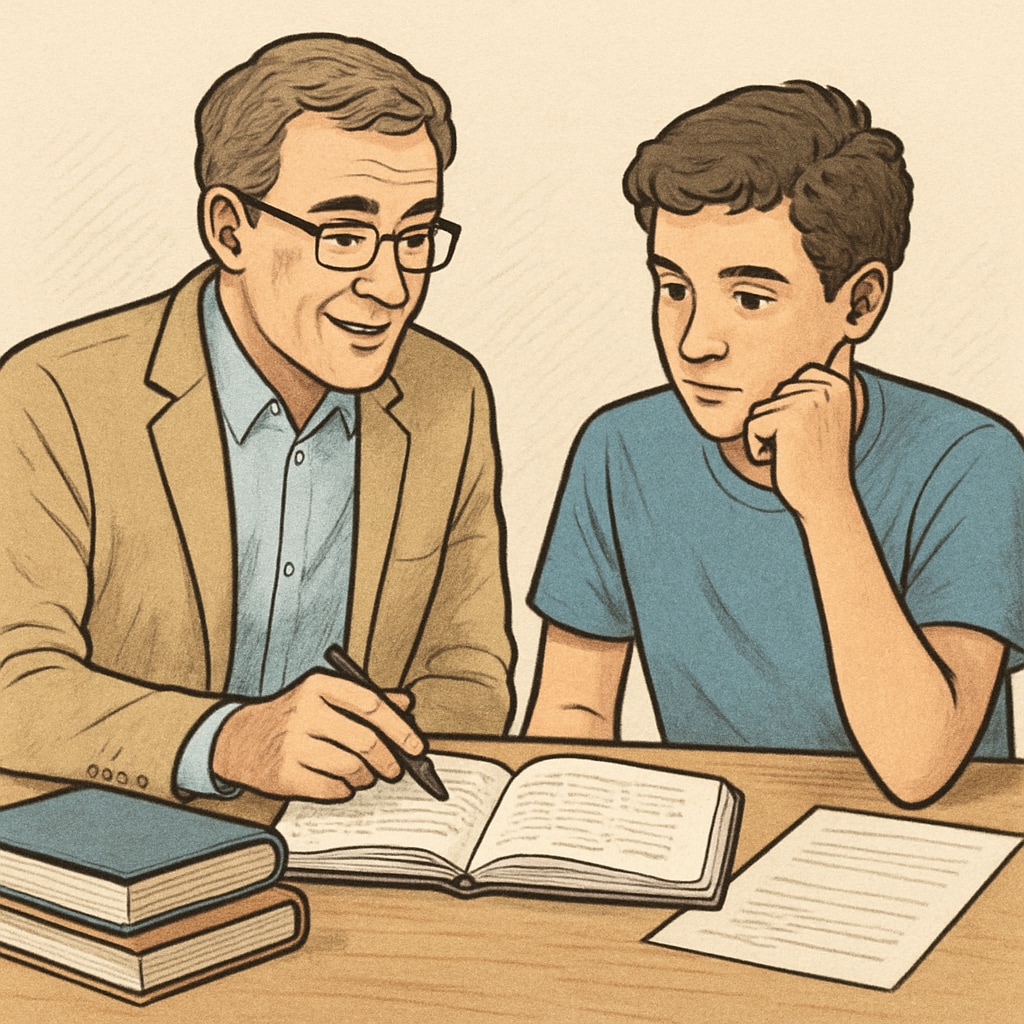In the realm of K12 education, the relationship between professors and students is built on a foundation of trust and mutual respect. However, this trust can be severely shaken when false plagiarism accusations arise. When a professor accuses a student of academic dishonesty without sufficient evidence, it not only impacts the student’s academic record but also has lasting effects on their confidence and motivation. This article explores the causes, consequences, and potential solutions to the issue of false plagiarism accusations in education, emphasizing the importance of fostering a fair and transparent academic integrity system.
Understanding False Plagiarism Accusations
Plagiarism accusations are a serious matter in education, as they are intended to uphold academic integrity. However, when these accusations are made falsely, the implications can be far-reaching. False plagiarism accusations may stem from several factors, including a professor’s reliance on plagiarism detection software, misinterpretation of a student’s work, or unconscious bias. For example, automated plagiarism detection tools, while useful, are not infallible. They can misidentify common phrases or publicly available information as plagiarized content, leading to unwarranted claims.
Additionally, a lack of understanding of cultural or linguistic backgrounds may cause professors to misjudge a student’s writing style or argumentation. This is particularly common among students for whom English is not their first language. These factors highlight the need for more nuanced and human-centered approaches to identifying plagiarism.

The Consequences of False Accusations
The impact of false plagiarism accusations goes beyond the immediate academic consequences. For students, such accusations can result in emotional distress, a loss of trust in teachers, and a decreased sense of belonging in the academic environment. In severe cases, students may face disciplinary actions, suspension, or even expulsion based on unsubstantiated claims.
Moreover, false accusations can strain the teacher-student relationship. Students who feel unfairly accused may hesitate to seek guidance or support from their professors in the future. This can hinder their academic growth and overall learning experience. On the other hand, professors who make unfounded claims may face reputational damage and a loss of credibility among their peers and students.
How to Address the Issue
To prevent false plagiarism accusations, it is essential to establish a fair and transparent academic integrity framework. Here are several strategies that can help address the issue:
- Thorough Investigations: Professors should always conduct a comprehensive review of the evidence before making accusations. This includes understanding the context of the student’s work and cross-referencing any flagged content.
- Improved Training: Educators should receive training on using plagiarism detection tools effectively and understanding their limitations. In addition, training on cultural competence can help reduce biases in evaluating student work.
- Clear Communication: Schools should establish clear guidelines on academic integrity and plagiarism, ensuring that students understand what constitutes plagiarism and how to avoid it.
- Appeal Processes: Students should have access to an appeal process where they can present their case if they believe they have been falsely accused. This ensures accountability and fairness in plagiarism investigations.

Rebuilding Trust in the Academic System
Restoring trust after false plagiarism accusations requires effort from both educators and institutions. Professors must acknowledge their mistakes when they occur and take steps to rebuild the damaged relationship with the affected student. This can include offering apologies, providing academic support, and ensuring that the student is not penalized for the accusation.
At the institutional level, schools should promote a culture of transparency and mutual respect. Encouraging open dialogue about academic integrity and fostering a supportive learning environment can help prevent future incidents. As a result, students and professors can work together to uphold the values of honesty and respect, ensuring a positive educational experience for all.
In conclusion, false plagiarism accusations undermine the trust between professors and students, creating unnecessary barriers to academic success. By addressing the root causes of these accusations and implementing fair practices, educational institutions can protect academic integrity while fostering a supportive and inclusive environment.
Readability guidance: This article uses short paragraphs and clear transitions to maintain reader engagement. Strategies to address false accusations are presented in a list format for clarity. The article avoids excessive passive voice and incorporates transitional phrases like “however,” “in addition,” and “as a result” to enhance flow.


